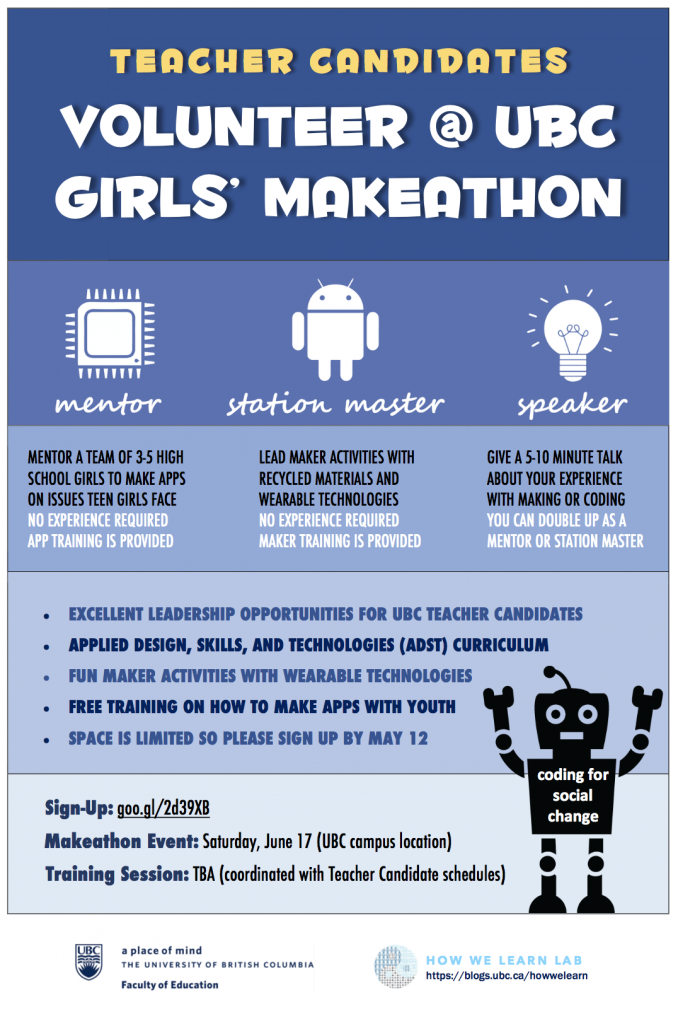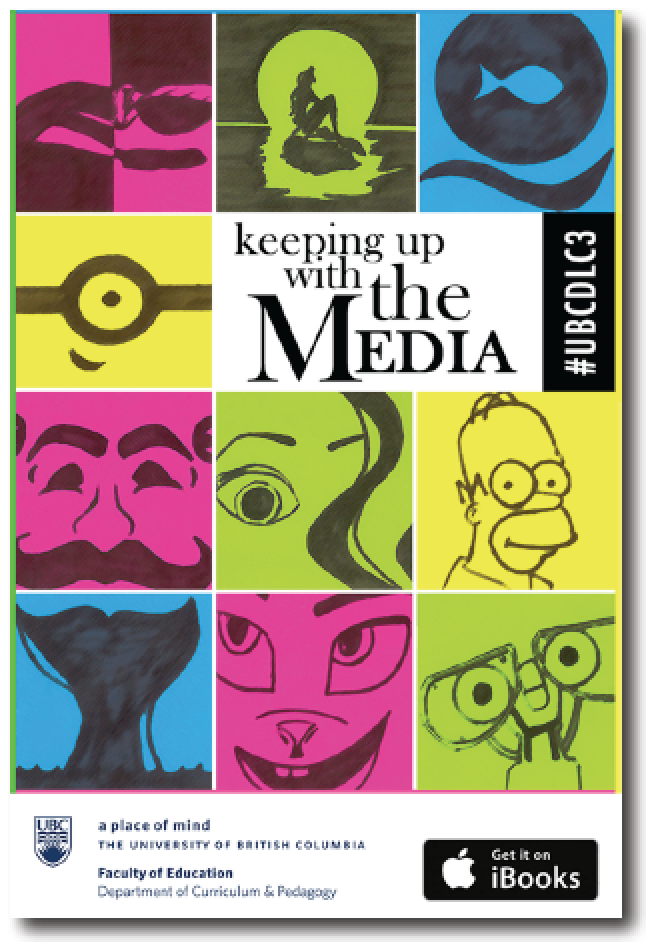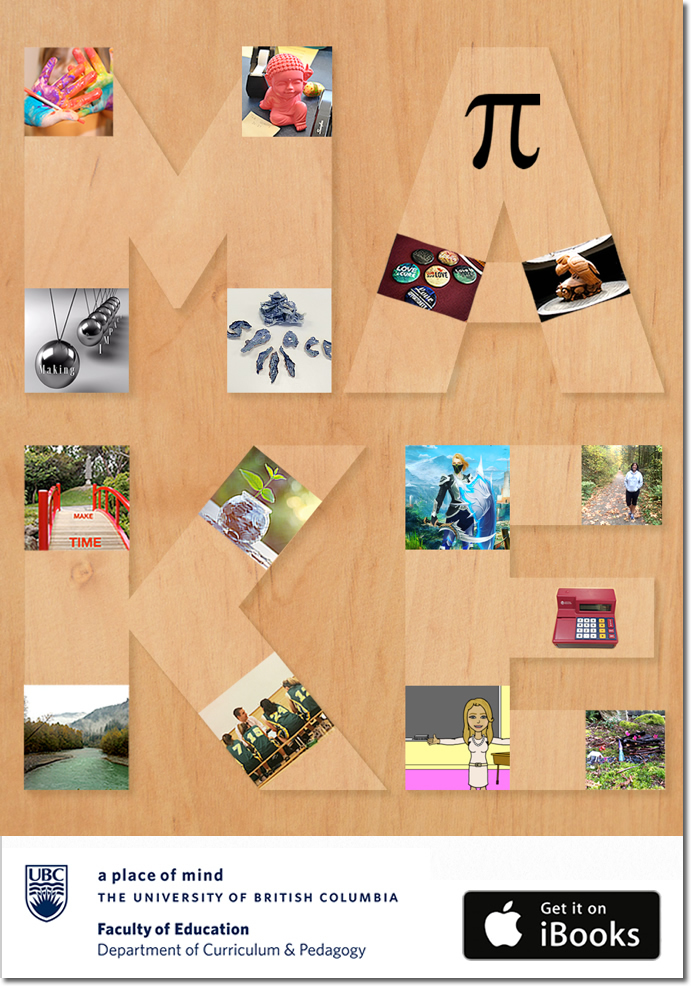THE FINAL ORAL EXAMINATION FOR THE DEGREE OF
DOCTOR OF PHILOSOPHY
(CURRICULUM STUDIES)
Stella Maris Namae
Monday June 29, 2020
Zoom
Status and Use of Information Communication Technology in Uganda Secondary Schools: Teachers’ Competencies, Challenges, Dispositions, and Perceptions
ABSTRACT: This study explored teachers’ competencies, dispositions, perceptions, and challenges in selected secondary schools in Mbale district of the Republic of Uganda. Two research questions were investigated: 1) What do teachers in Uganda perceive to be the necessary ICT competencies and dispositions in the high school curriculum? 2) What do teachers perceive as challenges to implementing ICT in curriculum and instruction? Within a sequential explanatory mixed methods research design, 243 teachers were surveyed and nine were interviewed and observed in classrooms. Exploratory factor analysis loaded six significant factors: (1) Computer use as competency indicator (α = .89); (2) Communication enhancement (α = .76): (3) Effective mediator of teaching and learning (α = .73); (4) Drafters and preparatory tool (α = .72); (5) Performance indicator (α = .64); and (6) Computer-centred pedagogy (α = .59). Computer use as competency indicator was the best predictor of the teachers’ perceptions. Qualitative thematic analysis yielded six major themes: (1) Competencies in ICT Use Depend on Training Received; (2) ICT Use is Enhanced by Teacher Characteristics or Identity; (3) ICT Use Depends on Availability of ICT Infrastructure; (4) ICT Use is Beneficial to Lesson Planning and Instruction; (5) Teacher Collaboration through ICTs has Implications for Performance; and (6) ICT-enhanced Pedagogy Requires Extra Effort and Time. Teachers indicated their competencies were hampered by the lack of technology training and adequate trainers. Teachers also indicated: resources in general were needed at the schools to enable them to integrate ICTs; and IT departments were sometimes hindrances to their efforts to adopt technology. Teachers also agreed that at times they did not use technology because it would take too much time. Implications for practice and policy touch on six main areas: (1) Enhancing classroom uses of technology; (2) providing technology training; (3) providing technology infrastructure and resources; (4) providing time; (5) modifying the school curriculum; and (6) adopting technology plans for schools. Findings suggest the Uganda government needs to commit significant funding to equip schools with resources. At the same time, findings indicate that availability of technology resources does not guarantee teacher change or student learning.
EXAMINING COMMITTEE
Chair:
Prof Maureen Kendrick (Language and Literacy Education)
Supervisory Committee:
Prof Samson Nashon, Research co-Supervisor
Prof Stephen Petrina, Research co-Supervisor
Prof Sandra Scott
University Examiners:
Prof Ali Abdi
Prof Jillianne Code

 Follow
Follow

